Related: Morgan Wallen’s Ups and Downs Throughout His Career Over the Years
Advertisement
Mike Coppola/Getty Images for CMT
Morgan Wallen is speaking out. The country star took a break from some well-deserved time off to let fans know about an alleged new music drop that was never meant to be.
“I’m writing y’all from a duck hunting trip because I want to fill you in on something happening tonight,” Wallen, 30, wrote via Instagram on Thursday, January 25. “Back in 2014, I went to Florida to try my hand at making original music & songwriting for the first time. This led to a recording deal with a local investor and an artist management deal that I deeply regret. Unfortunately, I signed both deals without any legal representation.”
Wallen claimed that he didn’t have full creative control over the 13 songs he made during that time, saying, “Some were ok, most were terrible.” He noted that only five of those tracks made it to his debut EP, Stand Alone, including fan-favorite “Spin You Around.”
The “Last Night” singer went on to allege that those collaborators planned to release the music without his permission.
“Tonight, those colleagues I parted ways with almost 10 years ago plan to release a ‘10th anniversary’ edition of Stand Alone against my wishes and include eight unreleased songs, distributing them with the assistance of my former managers,” he continued. “For months I’ve been exploring every avenue possible to acquire the rights to this old music and keep the quality of my catalog consistent with songs I choose to release & believe in.”
In response to the release, Wallen is dropping new music of his own. The “Seven Summers” singer will release “Spin You Around (1/24)” at midnight on Friday, January 26. The drop appears to be a last-minute reaction, as Wallen admits, “I did the artwork myself while in the woods duck hunting.”
Wallen is also putting his money where his mouth is. He’s pledged to donate $100,000 from the Morgan Wallen Foundation to the Volunteer Lawyers and Professionals for the Arts (VLPA) program in an attempt to keep this from happening to other new artists.
“I hope young aspiring musicians read this story and know they should never have to give up their creative freedoms for an opportunity in this business,” he said.
Wallen, who calls the alleged episode “gross, greedy and an example of how the dark side of the music business can suck the soul out of artists,” wants his fans to know this music is not part of his next era. “Trust me, when new music is ready, you’ll hear it directly from me,” he said.
New music is not the only breaking news to come out of the Wallen camp today. Earlier this morning, it was announced that Wallen and fellow country star Eric Church had acquired Field and Stream magazine and plan to relaunch the beloved outdoorsman’s brand as a print magazine, website and apparel company alongside plans for a live music festival.
It’s a fitting new gig for a man who released a statement about leaked music from a duck hunting expedition.
Mike Coppola/Getty Images for CMT Morgan Wallen is speaking out. The country star took a break from some well-deserved time off to let fans know about an alleged new music drop that was never meant to be. “I’m writing y’all from a duck hunting trip because I want to fill you in on something happening
Us Weekly Read More
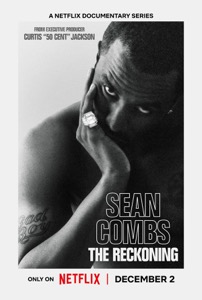
50 Cent’s new Netflix docuseries about Sean “Diddy” Combs is more than a headline-grabbing exposé; it is a meticulous breakdown of how power, celebrity, and silence can collide in the entertainment industry.
Across its episodes, the series traces Diddy’s rise, the allegations that followed him for years, and the shocking footage and testimonies now forcing a wider cultural reckoning.
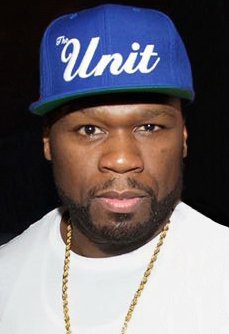
The docuseries follows Combs from hitmaker and business icon to a figure facing serious criminal conviction and public disgrace, mapping out decades of influence, branding, and behind-the-scenes behavior. Watching that arc shows how money, fame, and industry relationships can shield someone from scrutiny and delay accountability, even as disturbing accusations accumulate.
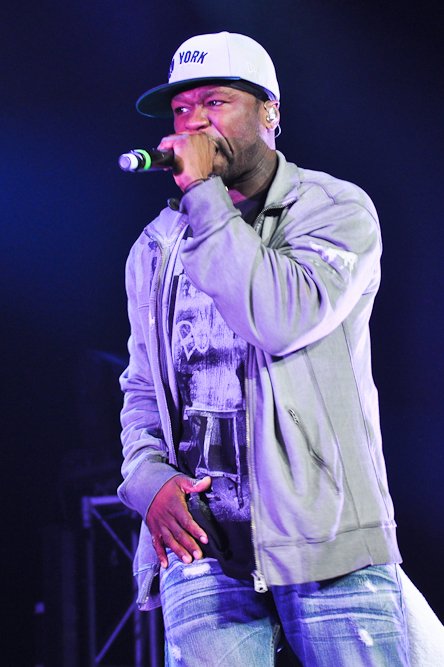
Exclusive footage of Diddy in private settings and in the tense days around his legal troubles reveals how carefully celebrity narratives are shaped, even in crisis.
Viewers can learn to question polished statements and recognize that what looks spontaneous in public is often the result of strategy, damage control, and legal calculation.
Interviews with alleged victims, former staff, and industry insiders describe patterns of control, fear, and emotional or physical harm that were long whispered about but rarely aired in this detail. Their stories underline how difficult it is to speak out against a powerful figure, teaching viewers why many survivors delay disclosure and why consistent patterns across multiple accounts matter.
As executive producer, 50 Cent uses his reputation and platform to push a project that leans into uncomfortable truths rather than protecting industry relationships. The series demonstrates how documentary storytelling can challenge established power structures, elevate marginalized voices, and pressure institutions to respond when traditional systems have failed.
Reactions to the doc—ranging from people calling it necessary and brave to others dismissing it as a vendetta or smear campaign—expose how emotionally invested audiences can be in defending or condemning a famous figure. Watching that debate unfold helps viewers see how fandom, nostalgia, and bias influence who is believed, and why conversations about “cancel culture” often mask deeper questions about justice and who is considered too powerful to fall.
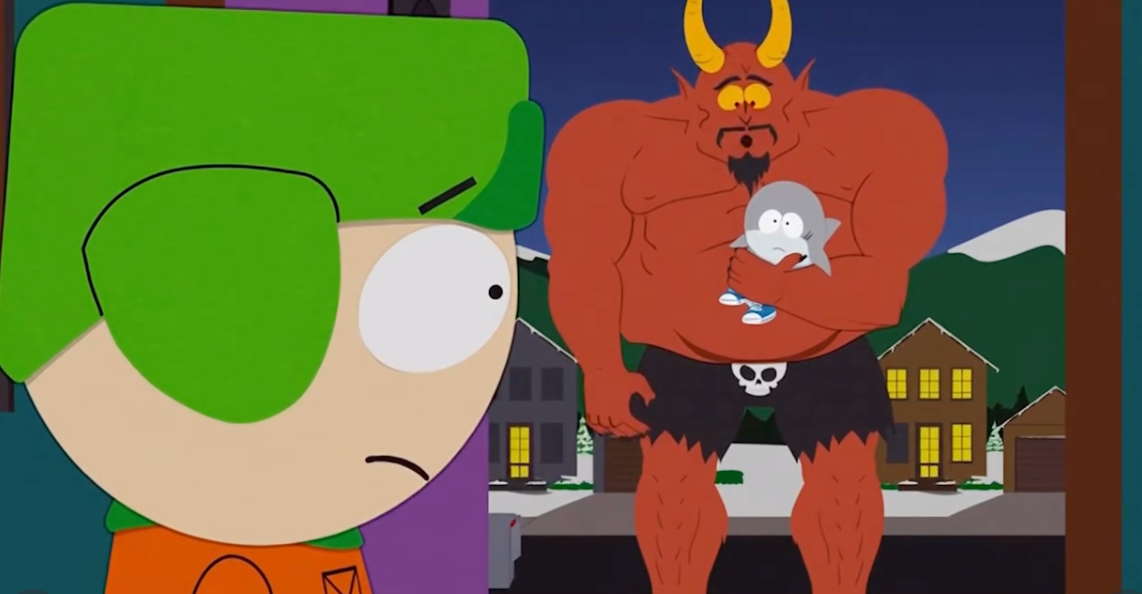
A new Christmas-themed episode of South Park is scheduled to air with a central plot in which Satan is depicted as preparing for the birth of an Antichrist figure. The premise extends a season-long narrative arc that has involved Satan, Donald Trump, and apocalyptic rhetoric, positioning this holiday episode as a culmination of those storylines rather than a stand‑alone concept.
According to published synopses and entertainment coverage, the episode frames the Antichrist as part of a fictional storyline that blends religious symbolism with commentary on politics, media, and cultural fear. This follows earlier Season 28 episodes that introduced ideas about Trump fathering an Antichrist child and tech billionaire Peter Thiel obsessing over prophecy and end‑times narratives. The Christmas setting is presented as a contrast to the darker themes, reflecting the series’ pattern of pairing holiday imagery with controversial subject matter.
Coverage notes that some figures connected to Donald Trump’s political orbit have criticized the season’s portrayal of Trump and his allies, describing the show as relying on shock tactics rather than substantive critique. Commentators highlight that these objections are directed more at the depiction of real political figures and the show’s tone than at the specific theology of the Antichrist storyline.
At the time of reporting, there have not been widely reported, detailed statements from major religious leaders focused solely on this Christmas episode, though religion-focused criticism of South Park in general has a long history.
Entertainment outlets such as The Hollywood Reporter, Entertainment Weekly, Forbes, Slate, and USA Today describe the Antichrist arc as part of South Park’s ongoing use of Trump-era and tech-world politics as material for satire.
South Park is rated TV‑MA and is intended for adult audiences due to strong language, explicit themes, and frequent use of religious and political satire. Viewers who are sensitive to depictions of Satan, the Antichrist, or parodies involving real political figures may find this episode particularly objectionable, while others may view it as consistent with the show’s long‑running approach to controversial topics. As with previous episodes, individual responses are likely to vary widely, and the episode is best understood as part of an ongoing satirical series rather than a factual or theological statement.
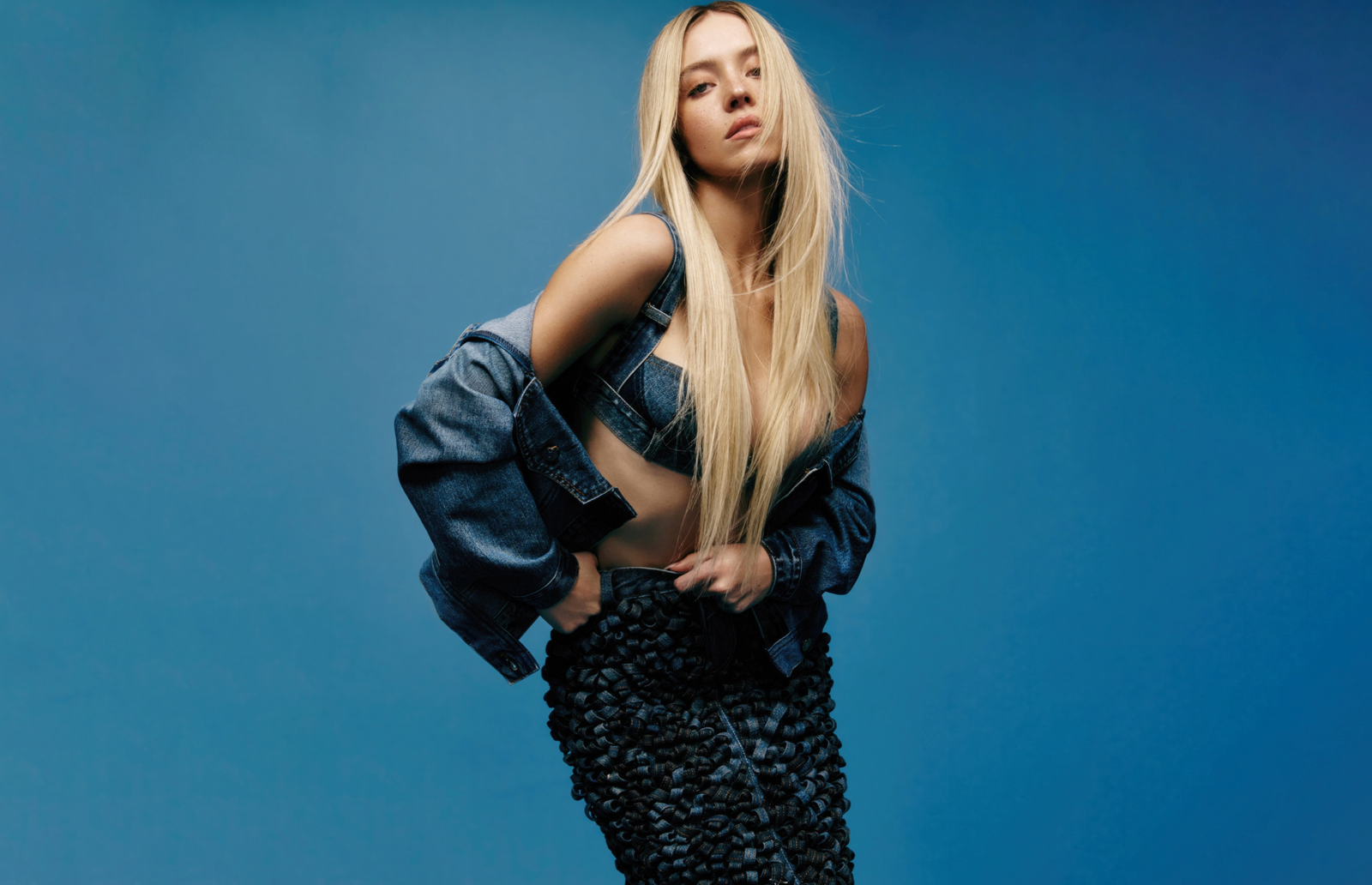
Sydney Sweeney has decided she is finished watching strangers on the internet treat her face like a forensic project. After years of side‑by‑side screenshots, “then vs now” TikToks, and long comment threads wondering what work she has supposedly had done, the actor is now addressing the plastic surgery rumors directly—and using them to say something larger about how women are looked at in Hollywood and online.

Sweeney points out that people are often mistaking normal changes for procedures: she grew up on camera, her roles now come with big‑budget glam teams, and her body has shifted as she has trained, aged, and worked nonstop. Yet every new red‑carpet photo gets folded into a narrative that assumes surgeons, not time, are responsible. Rather than walking through a checklist of what is “real,” she emphasizes how bizarre it is that internet detectives comb through pores, noses, and jawlines as if they are owed an explanation for every contour of a woman’s face.
By speaking up, Sweeney is redirecting the conversation away from her features and toward the culture that obsesses over them.
She argues that the real issue isn’t whether an actress has had work done, but why audiences feel so entitled to dissect her body as public property in the first place.
For her, the constant speculation is less about curiosity and more about control—another way to tell women what they should look like and punish them when they do not fit. In calling out that dynamic, Sweeney isn’t just defending herself; she is forcing fans and followers to ask why tearing apart someone else’s appearance has become such a popular form of entertainment.


10 Ways Filmmakers Are Building Careers Without Waiting for Distributors


Turning One Short Film into 12 Months of Content


How to Write a Logline That Makes Programmers Hit Play


AI Didn’t Steal Your Job. It Revealed Who Actually Does the Work.